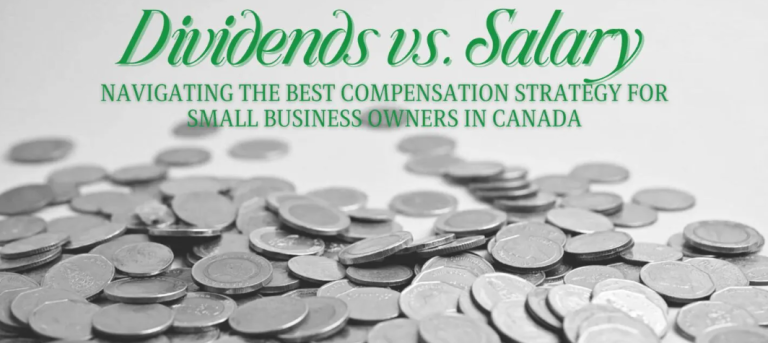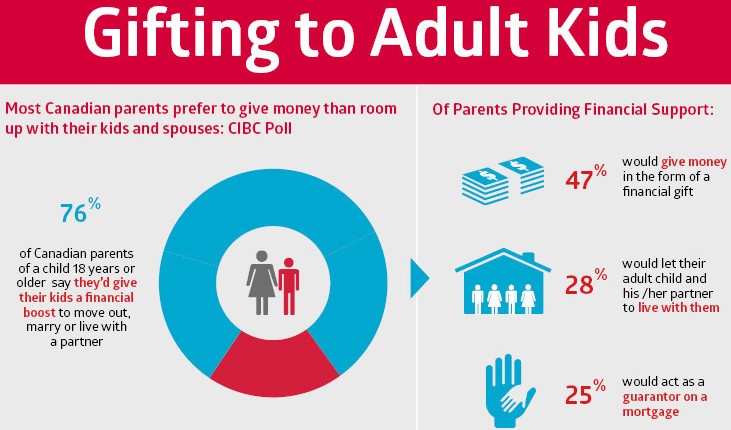Working in the Canadian financial services “industry” means dealing with all kinds of regulatory bodies covering and intersecting every spectrum of finance in Canada. I have been told by an executive at one of the insurance companies that there are 53 financial regulatory bodies in Canada. That sure is a lot of regulation. I say that with underlying frustration in having to deal with, what I view as very often, less than common sense rules however recognizing that it is this regulatory structure which has created one of the best financial systems in the world when it comes to being able to have confidence that you and I are well protected.
One of the areas that has been going through changes recently is the transparency of the costs of investment products that you may own and how investment advisors are compensated.
Most of the financial advisors in Canada, are advisors that get paid for the work they do for clients by the institutions where their client’s money is placed. In essence, the compensation paid to advisors is “bundled” together with virtually all of the other costs of your investment portfolio. For many advisors, this is (and has been for many, many years), the default option taken with their clients although it isn’t the only option it’s simply the one that has been the most commonly used. Through that, financial advisors have provide a wide range of services including financial planning, portfolio constructions, retirement projections and planning, tax advice and education planning. The “bundled” cost (referred to as MER, or Management Expense Ratio), is reported in various financial documents advisors and investment management firms are required to provide to you initially and on a regular basis. Further improving the transparency on how much your investments cost will improve as well over the coming few years. That issue isn’t being questioned and for most parties concerned, is being welcomed.
The issue I want to bring to your attention is a proposal that financial advisors be required to charge their clients directly for the work and service they provide to their clients. In other words, what some parts of the financial regulatory system in Canada are pushing for is that your financial advisor will move from a “bundled” arrangement to a “direct” fee structure. In other words, the advisor you work with will have no choice but to send you a monthly, quarterly or annual bill for the work that he or she does for you.
This discussion has been going on amongst the Canadian financial regulators and the advisory channels for sometime now. I’ve watched the discussion evolve but I’m guessing you probably have no idea that this has been talked about. Ironically, you are one of the parties effected yet you haven’t been given a say on this issue. Here is your opportunity to change that.
To give you that voice, one of the investment management firms I work with has put together 2 brief videos explaining 2 various compensation models, “bundled” and “direct”. Along with that, a very short survey through which they have been compiling the responses. These will be submitted to the financial regulators who, in the end will decide how advisors and clients work together. This is your opportunity to confidentially tell the Canadian Securities Administrators (CSA) and in turn the government, if you want the choice or not. That ultimately is the question.
History has shown that, a free market has always been the better route than a legislated one where “no choice” is the only option. I think it should remain a free market where clients and advisors together choose how they want to work together. However, that is my opinion. Please feel free to call me directly or email me with any of your questions. Whether we work as partners on your financial planning, or not is irrelevant. It is the discussion and ultimately what is best for you that is most important.





